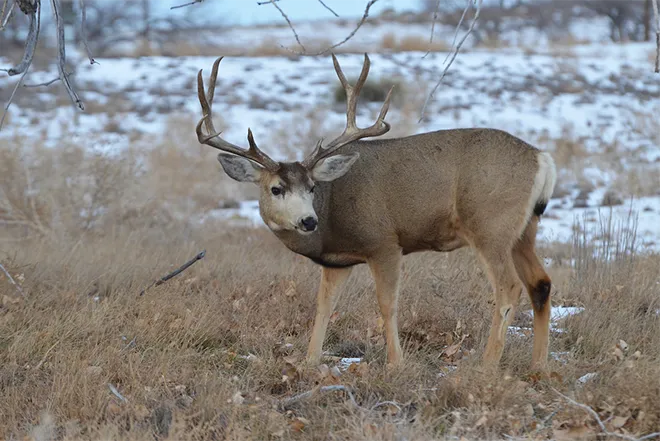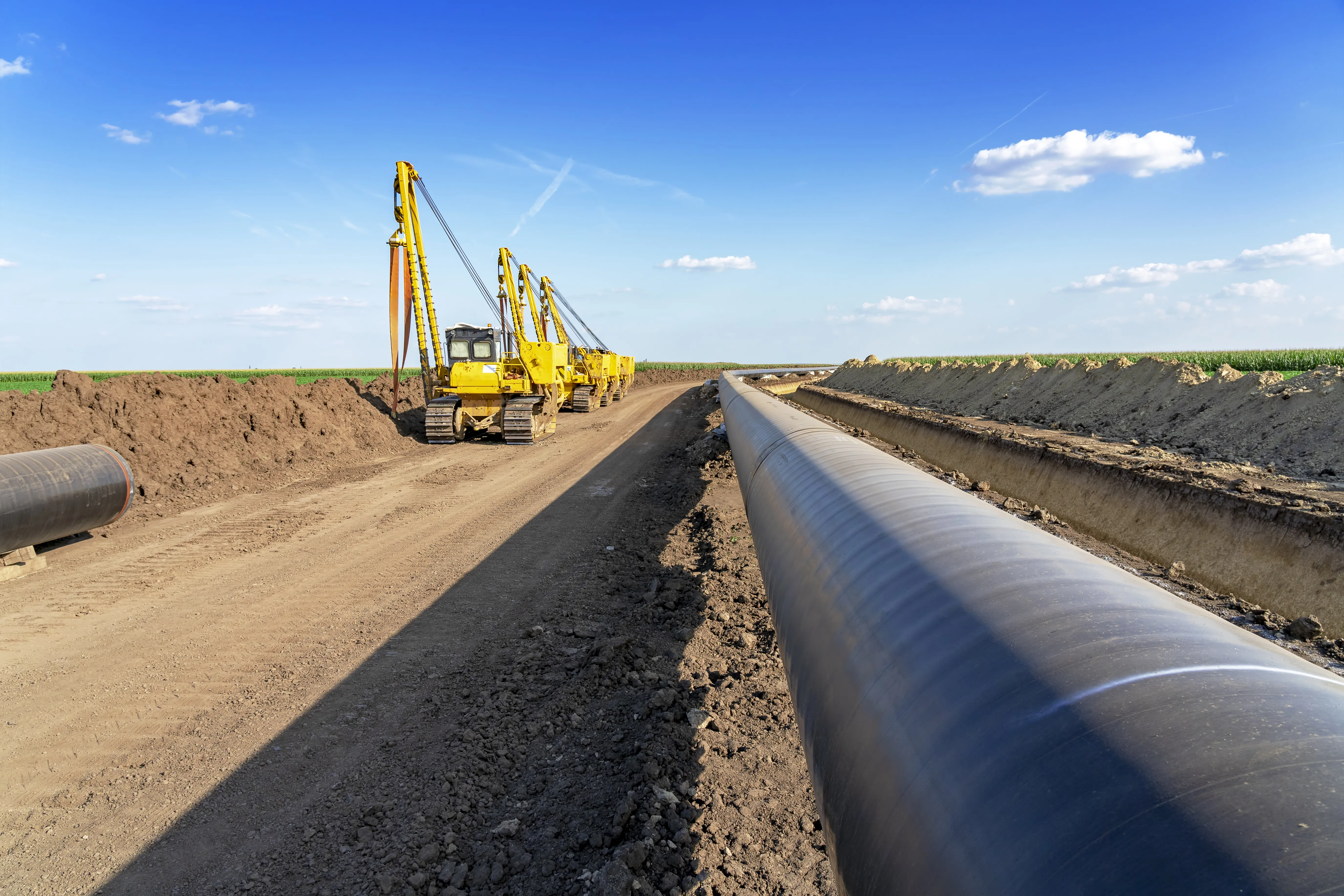
Montana rolls back environmental protections
(Big Sky Connection) Montana's environmental advocates are criticizing Goverment Greg Gianforte for signing a bill they said will allow the state to ignore the impacts of climate change when developers construct large-scale energy projects such as coal mines and power plants. The measure received a lot of attention during the legislative session, most of it in opposition.
House Bill 971 builds on a decade-old law prohibiting the state from including actual or potential impacts which are "regional, national or global in nature" in environmental reviews of big energy projects.
Anne Hedges, spokesperson for the Montana Environmental Information Center, said the measure is a direct attack on the state's most precious natural resources and leaves them unprotected.
"You're telling the public and you're telling the state their rights don't matter," Hedges asserted. "That they don't really have a right to a clean and healthful environment and the state has no obligation to protect people from the very real dangers of the climate crisis."
The bill prohibits regulators such as the state's environmental quality department from measuring greenhouse-gas emissions and the effects of climate change when they review the overall impacts of large projects such as coal mines and power plants. The bill's supporters argued they are trying to avoid excessive state regulation and contend measuring and regulating greenhouse-gas emissions and other impacts on the climate should be left up to federal laws like the Clean Air Act.
Hedges countered the state understands local issues better than the federal government does, and added the whole purpose of Montana's environmental agencies doing these sorts of studies is to be able to educate residents who live here about the impacts of a major energy project.
"On the land, on the air, water, wildlife, economy, cultural resources, et cetera," Hedges outlined.
Hedges pointed out ultimately, the bill will create longer and more dangerous wildfire seasons, a shrinking snowpack, and reduced stream flows as emissions from power plants add to a warming climate and unstable atmosphere.

















